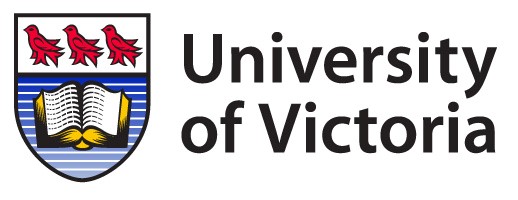Primary tabs
Partners
Ability411 is made possible through the generous support and collaboration of the following key partners:
 |
BC GovernmentCanAssist is very grateful to the BC Government for providing the funding it has to the CanStayHome initiative, which involves developing technologies and services that help keep vulnerable seniors living in their own homes longer. Ability411 is part of CanStayHome and thus owes its existence and ongoing operations to the Province. Past grants were provided both by the Ministry of Health and the Ministry of Social Development and Poverty Reduction. To learn more about the BC Government and the services and programs it offers, please visit the BC Government website. |
 |
HealthLink BCHealthLink BC, your provincial health line, is as close as your phone or the web any time of the day or night, every day of the year. Call 8-1-1 toll-free in B.C. or for those with difficulty hearing, call 7-1-1. A specially trained health service navigator will provide you with health and health service information or connect you with a registered nurse, registered dietitian, pharmacist or qualified exercise professional. Translation services are available in more than 130 languages. Visit the HealthLink BC website to search over 5,000 health information topics and to learn more. CanAssist is proud to have worked with HealthLink BC to ensure Ability411 adheres to rigorous technological, security and privacy protocols. In addition, visitors to Ability411 are referred to HealthLink BC whenever they ask a question related specifically to medical conditions, symptoms and concerns. |
 |
Canadian Association of Occupational Therapists – BCCAOT-BC is the first regional chapter of The Canadian Association of Occupational Therapists. CAOT-BC supports the more than 2400 occupational therapists (OTs) who work or study in British Columbia. OTs are regulated health professionals that improve the health and well-being of British Columbians by creating client-centred solutions that help them participate more fully in activities that are important to their everyday lives. Whether working in homes, communities, hospitals, workplaces or schools, OTs are valued members of health teams as their interventions improve lives and save money. To learn more about the work of CAOT-BC, please visit CAOT-BC's website. To find an occupational therapist in your community visit CAOT-BC's Find an OT service. CanAssist is delighted to have worked with CAOT-BC, who has reviewed and provided feedback on answers that Ability411 has submited to the public in order to ensure that the information provided is current, rigorous and appropriate. CAOT-BC's input and expertise has been invaluable to the Ability411 service. |
 |
University of VictoriaIn 2008, UVic formally recognized CanAssist as a unique organization of the university, and over the years, the group received ever-larger numbers of requests to develop customized technologies from people with disabilities. Each year, CanAssist supports hundreds of people with disabilities through its technologies and programs. At the same time, UVic continues to provide critical direct and indirect support to CanAssist, including the physical space where we work, and many overhead requirements, such as utilities, security, specialized equipment and legal, financial and janitorial services – to name just a few. Together, CanAssist and UVic demonstrate that universities can go beyond their traditional education and research mandates, by directly providing meaningful and much-needed services to the community. To learn more about this partnership, visit CanAssist at the University of Victoria’s website. |